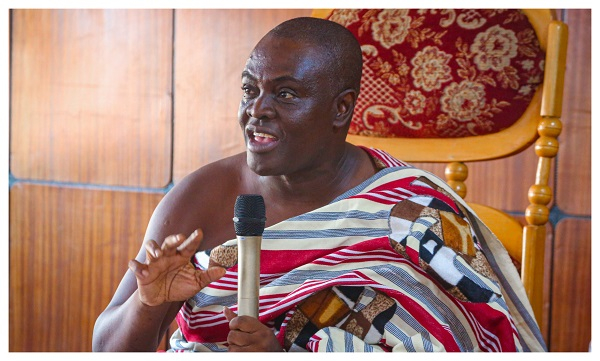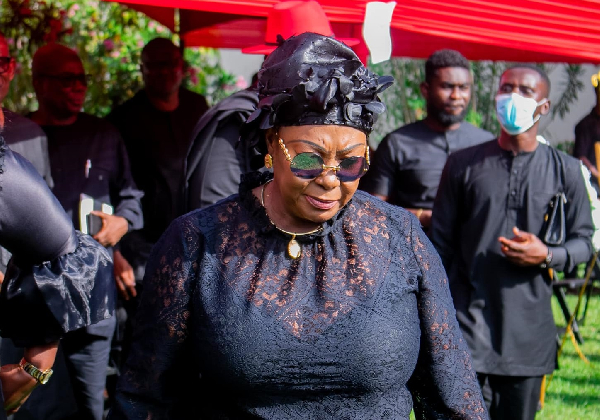
Gov’ts fund propaganda instead of civic education -Prof. Adei

The Chairman of the National Development Planning Commission (NDPC), Prof. Stephen Adei, has stated that successive governments from time in memorial have failed in educating the entire Ghanaian populace to have a total knowledge of their of their rights, privileges and responsibilities.
Rather, regimes that thrive democratically to govern the country have intentionally funded propaganda activities in order to push their political agenda for so many years.
He expressed that he was sure underfunding the NCCE was a “deliberate attempt” by politicians “to make sure that NCCE does not work,” but rather keep the citizens in the dark and prevent them from gaining knowledge.
“I believe that we have sufficient money in the nation to fund all the needs of the NCCE. It’s a small institution. GH¢2 million to educate the whole of Ghana on civility …Even in my small university, we are talking about GH¢30 million and over. I think that this is a deliberate attempt to make sure that the NCCE does not work. And that is not the government of today. The governments’ of the day don’t want that. They would do anything at all; they would like to give the money to the Ministry of Information, because it is their propaganda machinery,” the Commissioner opined.
This pronouncement was made in Accra yesterday, when the NCCE met stakeholders and members of the diplomatic community to have a discussion on public accountability, dubbed “Abuse of Office” by public officials.
This statement from the renowned academician came after the Chairperson of the NCCE, Ms. Josephine Nkrumah, had stated that her office was given only GH¢2 million to educate the entire 30 million Ghanaians nationwide on all activities of national importance with such a meager amount to cover all their numerous activities.
He also reiterated that the 1992 Constitution needed to be reviewed to stipulate the powers that citizens hold to make our democracy attractive.
According to him, when it comes to accountability, power and capability of the citizenry to hold public officers accountable, it seems not to be available in the framework that birthed and hold the fundamentals of the nation.
This national dialogue was held by the NCCE to discuss excerpts from a study it conducted on “Public Opinion on Corruption, Accountability and Environmental Governance,” which reports were released last year, 2018.
Per the survey report, it came out that 53.3 percent of services rendered in state institutions was executed after a bribe was received by an official undertaking such a transaction before it was successfully done.
The report showed that 21 percent of media accounts were reported in state institutions.
The Ghana Police Service topped as the most corrupt office in the country with 46.5 percent, followed by the Judicial Service, civil servants, ministries, Driver and Vehicle Licensing Authority pulling 7.8 percent, 5.1, 4.3 and 3.7 percent respectively.
Touching on some of the worries Members of Parliament (MP) go through and ways to curb corruption among parliamentarians, Prof. Adei, however, expressed that “one of the fundamental mistakes which the Government of Ghana and Parliament made was giving an MP part of the Common Fund. So now, people look at you that there is a Common Fund; you are our bank” and they expect an MP to attend to their numerous needs, whereas the money could have been given directly to the leaders within the district assemblies to execute developmental projects to benefit the majority.
The former Rector of the Ghana Institute of Management and Procurement Authority also applauded the efforts of the Akufo-Addo government in erecting some electronic platforms housed online, which is a means to reduce corruption in some offices, and also to speed up the processes of transacting some deals in the state departments.






